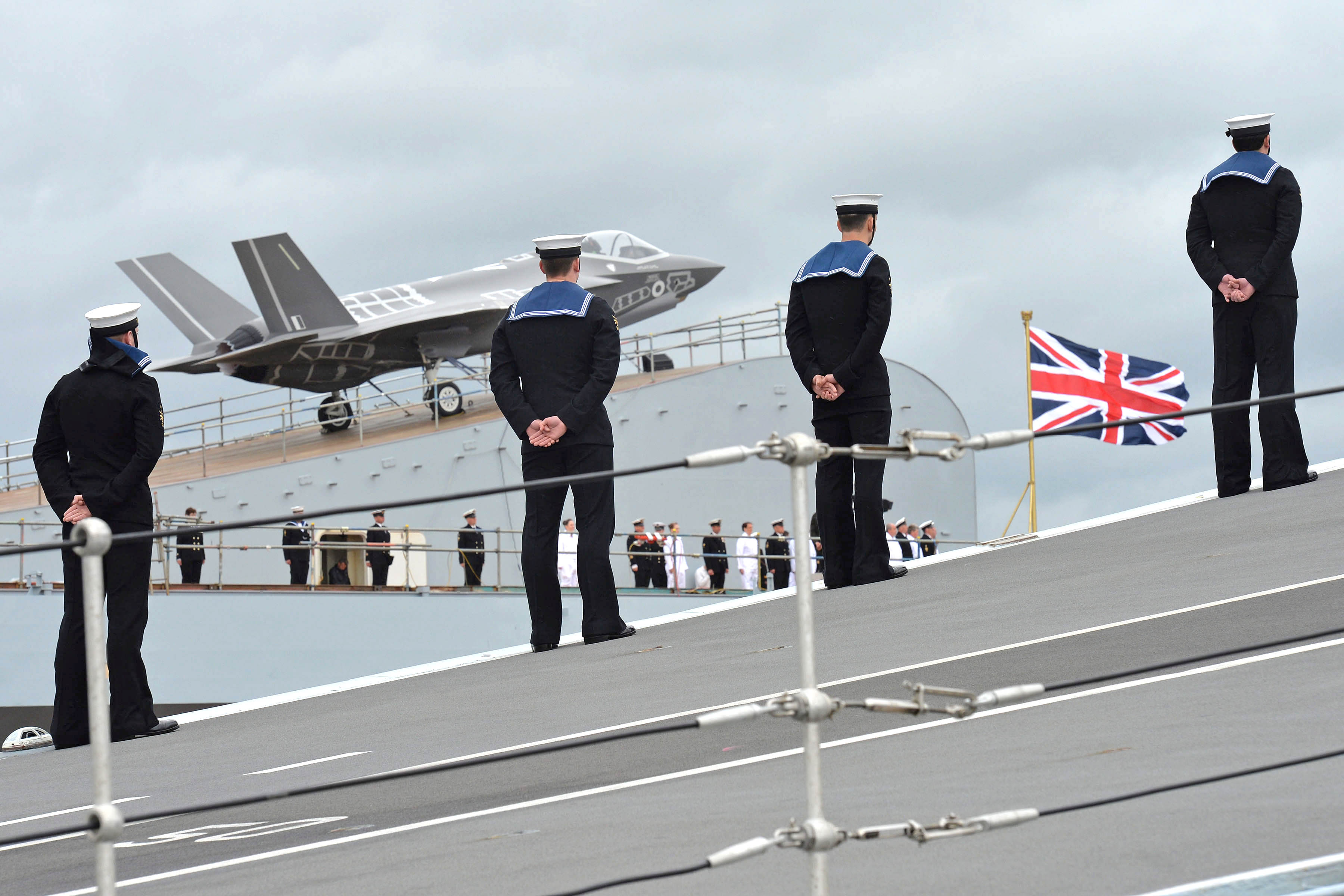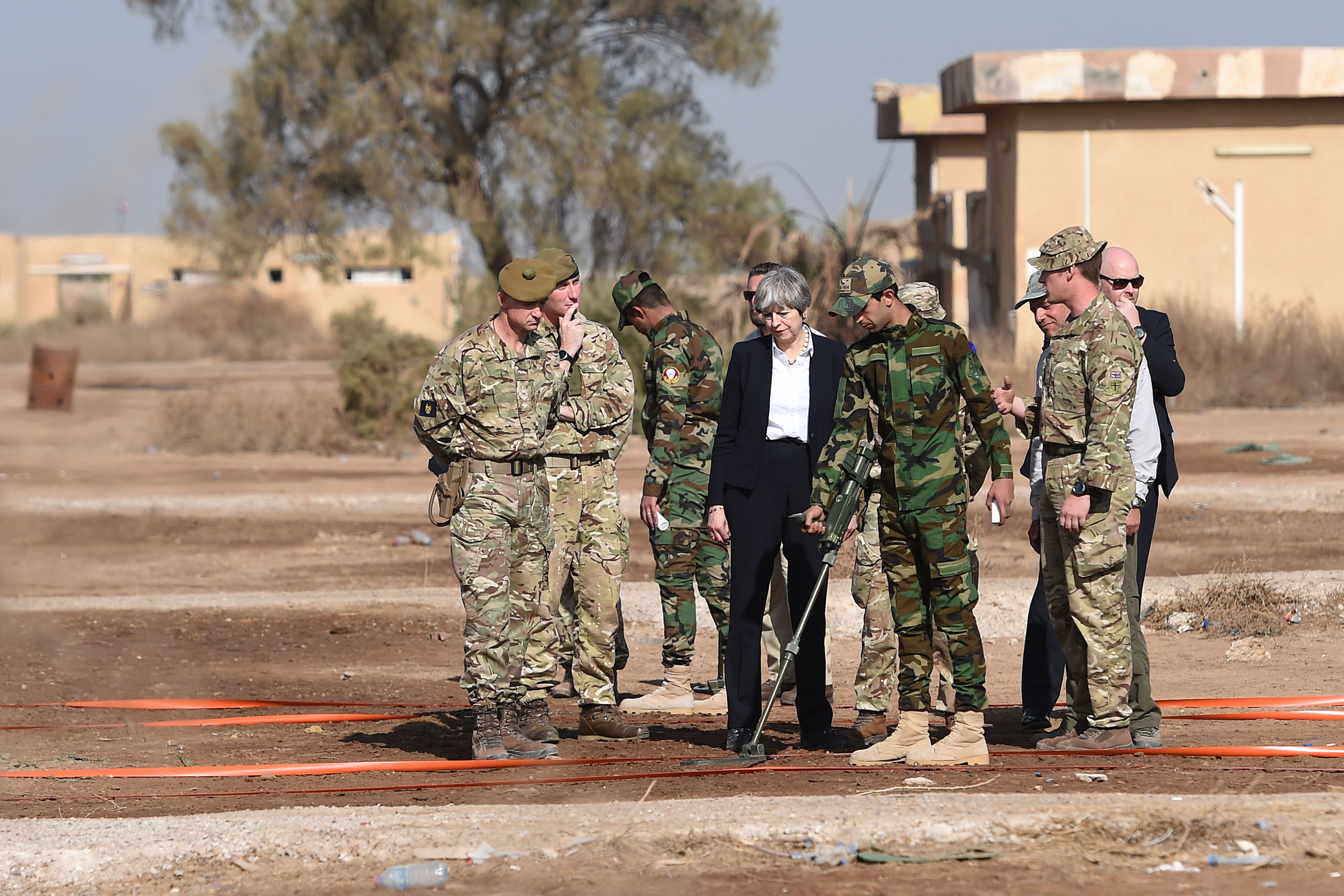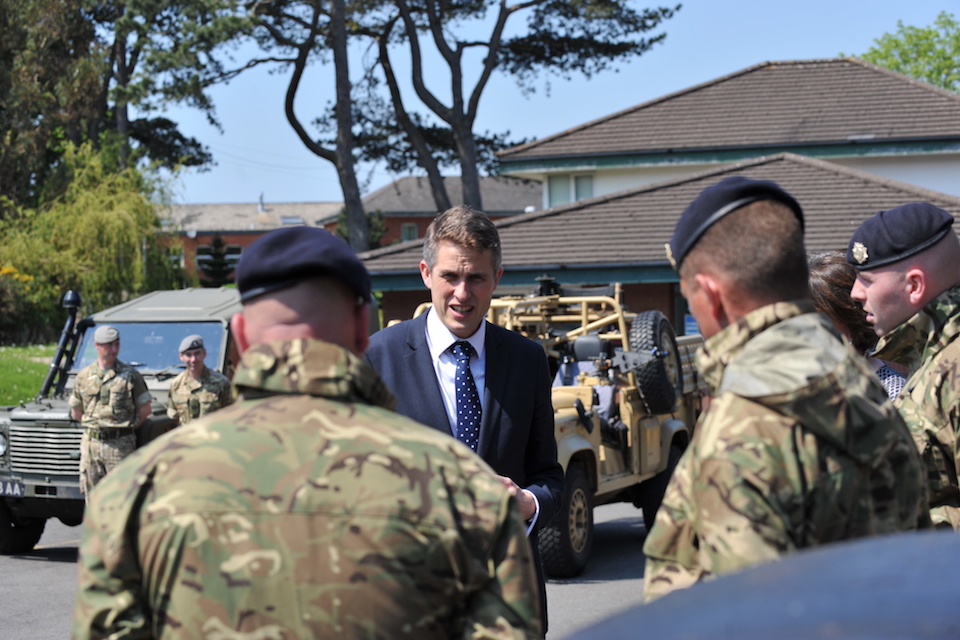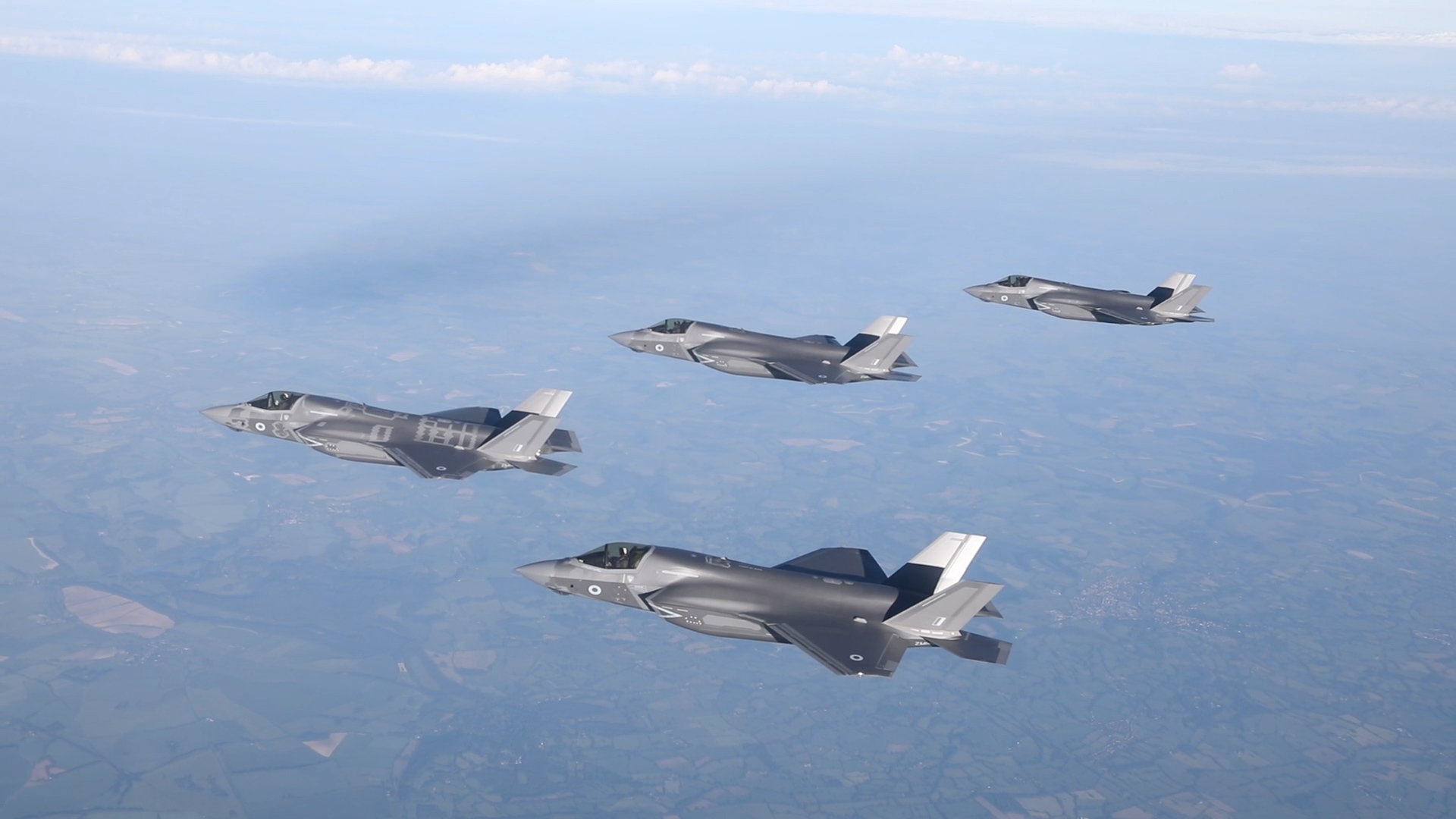
COMMENT: Forces Pay Rise Long Overdue - So Who Pays For It?

By Christopher Lee, Defence Analyst.
British sailors, soldiers and airmen and women are supposed to be getting a pay rise.
Who says so? The PM? No. The Chancellor? No. The Defence Secretary? Yes.
And he thinks he can do it because it’s not his idea.
The independent armed forces pay review body has recommended a 3% pay rise for the 137,000 servicemen and women.
Good News? Sort of.
In the past, some Prime Minister’s have promised to honour the pay review body and pay up straight away.
Mrs May is a modern PM and does not honour anything that does not need honouring - the services come in that lot.

The services are not as politically and maybe even realistically important in Cabinet as, for example, the NHS.
To pay the forces a 3% rise would cost £200 million a year.
The Chancellor (former Defence Minister Philip Hammond) says to the MoD minister Gavin Williamson, exactly where do you think I’m going to fetch that sort of money? Looks like a stalemate.
Unlike a duck that looks like a duck and so is a duck, a defence budget is not always what it seems.
Mrs May thinks Gavin Williamson can get some of the money out of the overall defence budget.

Chancellor Hammond knows he can. Williamson crossed the road to Downing Street last week to straighten out what he sees as basic defence economics - pay well and people will join the flag.
The biggest problem for the Royal Navy and Army is not threats from Putin et al but from the British themselves who are not joining in sufficient numbers.
The reorganisation of the Army by the present CDS, General Sir Nick Carter, may not succeed because manning figures are poor.
The Royal Navy will be hard pushed to find enough women and men to draft into the carrier battle group.
Williamson’s junior, Tobias Ellwood (a former soldier) agrees that pay and talk of not much more than present can scramble recruiting forecasts.
Ellwood says the service's budget for everything should be on a par with the NHS.
No Prime Minister would allow that to happen.
But it is a reminder that when the PM in the thick of Brexiteering and with nonsense promises of huge bonuses for the NHS when the UK goes from Europe, announces a big spend on the future of the NHS then other ministries including the MoD have to pay for her promises.
We’re only a couple of weeks before MPs go for the summer hols (back fit and healthy by late autumn of course).
The armed forces pay rise (and some others like police) have to be agreed before the Parliamentary summer recess.
Williamson and Hammond met last week. They will meet again next week. Time is short.
The best deal Williamson could hope for is a 3% increase now, but much smaller increases during the next few years.
The alternative is: find the money from the general defence budget.
Mrs May is gambling that the majority of the country would say get the money from the budget and then give as much as is possible to the NHS and not forgetting the mental care and social care, especially the elderly (Mrs May’s big vote next time) who are the growing consumers of public money.
Hence Mrs May’s proper question: does the UK really need a much bigger defence budget? Does Britain really need a top-flight armed forces? The big war is no longer going to come.

We are certainly rethinking future wars and not just studying last wars.
We are thinking about wars of the future and where the UK will fight, how and thus with what.
If we doubt that then consider this: if the UK did not have nuclear weapons, no government would order them.
Not updating the submarine-launched ballistic nuclear system alone would pay for A&E for the next 20 years.
So, from the above, it’s a deeper picture than forces pay.
We are back to the simple statement: in future, the hallowed 2% of GDP increase in defence spending is no longer a worthwhile defence subject.
It’s not about how much you spend but on what you spend.
Unless Mr Williamson gets the rethinking about future wars on the move, then how much we pay servicemen and women will be virtually irrelevant.
That’s where we are today and when the NATO summit takes place in 14 days time, that’ll be the moment to tell everyone to think again about warfare - the sums follow that debate.
:: Hear more from our Defence Analyst Christopher Lee on Sitrep, the only radio programme devoted to discussing matters of defence and security, every Thursday at 1830(BST) on Forces Radio (BFBS).









